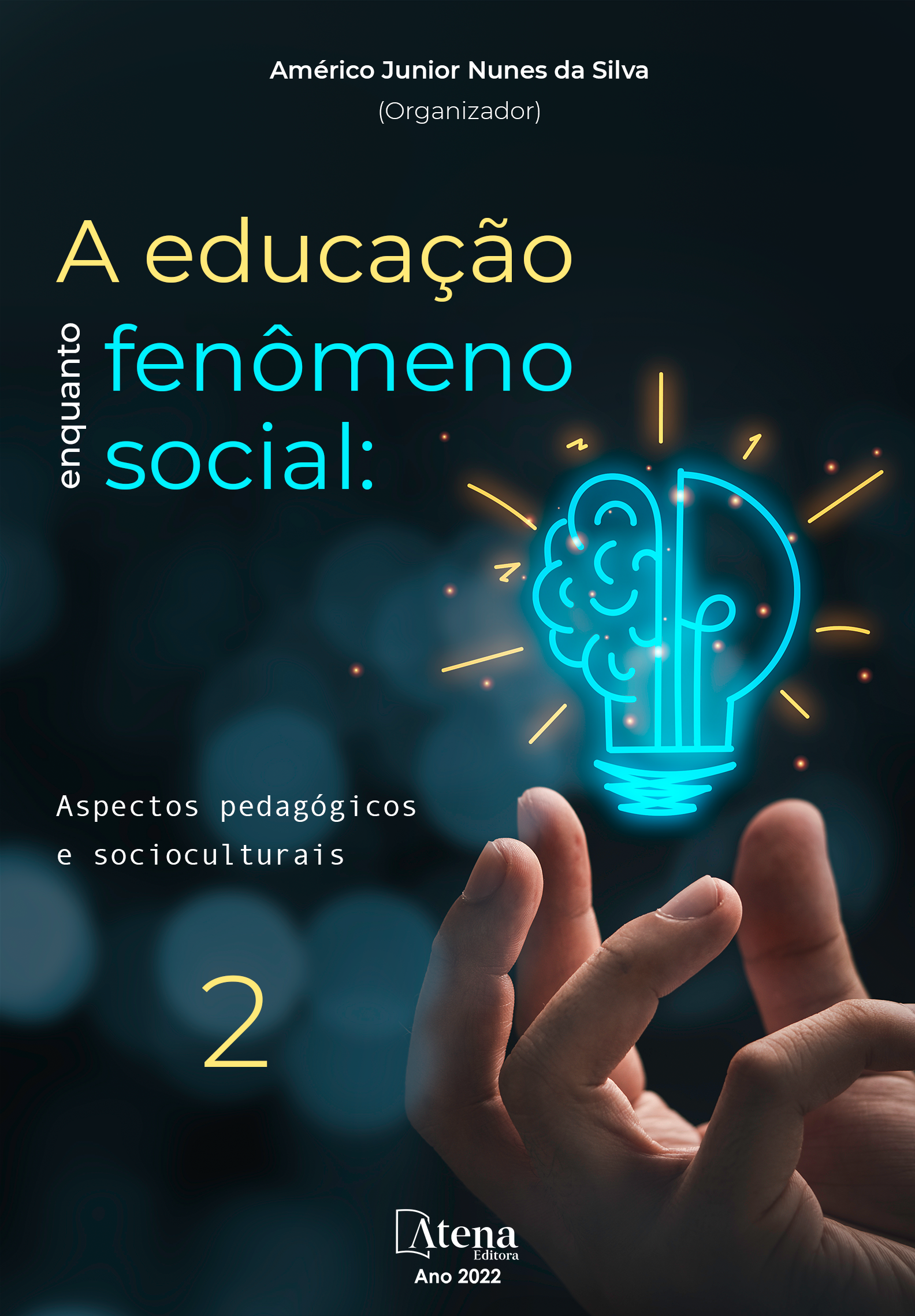
A IMPORTANCIA DO BRINCAR NO PROCESSO DE APRENDIZAGEM (LUDOTERAPIA)
O presente estudo teve por objetivo analisar qual é a importância do brincar na aprendizagem infantil, como isso afeta a vida das crianças direta e indiretamente, os pequenos tem mais facilidade de aprender brincando, o que facilita aos docentes mediar conhecimento em sala de aula, pois é quando ainda criança que se enchem de aprendizado levando para vida adulta maior conhecimento, socialização e desenvolvimento do caráter. É necessário estar inovando o método de mediar conhecimento dia a dia, para conseguir prender a atenção das crianças, adolescentes e adultos. Quando aprende algo de maneira descontraída, envolvendo se mais, pois compreendem com, mas facilidade, as brincadeiras marcam a infância, tanto que passa de geração em geração, as cantigas que são apresentadas dentro e fora da sala de aula estimulam a gama pelo conhecimento, nos anos que ainda estão por vir na vida escolar, enriquece, modela, aprimora e transforma o caráter das crianças, visando sempre o futuro com autonomia, agilidade e desenvolvimento tanto pessoal como intelectual.
A IMPORTANCIA DO BRINCAR NO PROCESSO DE APRENDIZAGEM (LUDOTERAPIA)
-
DOI: 10.22533/at.ed.91222120511
-
Palavras-chave: Docentes; Aprendizagem; Desenvolvimento.
-
Keywords: teachers; Learning; Development.
-
Abstract:
The present study aimed to analyze the importance of playing in children's learning, how it affects children's lives directly and indirectly, the little ones have an easier time learning by playing, which makes it easier for teachers to mediate knowledge in the classroom, because it is when they are still children that they are filled with learning, taking to adult life greater knowledge, socialization and character development. It is necessary to be innovating the method of mediating knowledge day by day, in order to capture the attention of children, adolescents and adults. When you learn something in a relaxed way, getting more involved, because they understand more easily, the games mark childhood, so much so that it passes from generation to generation, the songs that are presented inside and outside the classroom stimulate the range of knowledge, in the years that are yet to come in school life, it enriches, models, improves and transforms the character of children, always looking to the future with autonomy, agility and both personal and intellectual development.
-
Número de páginas: 14
- Maria Judilandia de Santana Ricaldes
- Renata Caroline dos Santos Lopes
- Maria Gislaine de Santana


